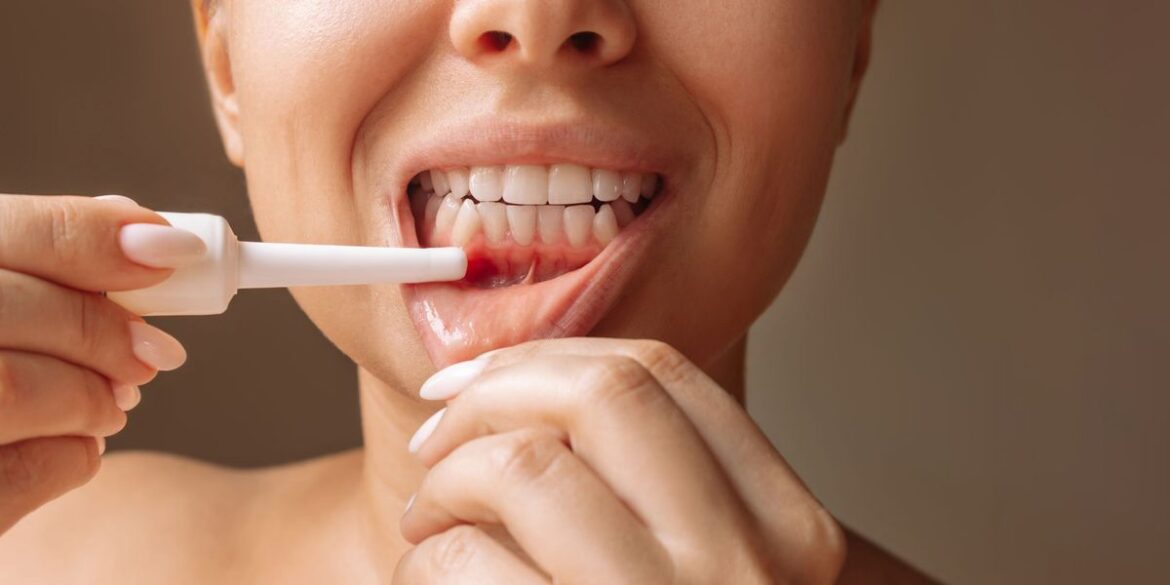A British-Italian study shows that diet plays a key role in preventing periodontitis and gum disease.
Mediterranean diet, already known for its positive effects on brain health, reducing the risk of Alzheimer’s, premature death and mental health problems, is now also linked to better gum health.
The study, conducted by researchers from King’s College London and University of Catania in Italy, included 195 participants with an average age of 49 years, who underwent health checks and questionnaires on their eating habits.
The results showed that people who followed more closely the Mediterranean diet rich in plant products were less likely to develop gum disease, especially those who consumed less red meat.
Moreover, one healthier nutrition was also connected with lower levels of inflammatory markers in the blood, which indicate whether the body is under stress or damaged. This is yet another health success attributed to the Mediterranean style of eating.
“Our findings show that a balanced Mediterranean-type diet may reduce the risk of gum disease and systemic inflammation,” said periodontist Giuseppe Mainas from King’s College London, according to the Telegraph.
The Mediterranean diet, named after the region where it is most often practiced, favors fruits, vegetables, whole grains and fish, while limiting processed foods, large amounts of dairy products, and red meat.
The researchers emphasize that the study did not follow up with participants on time, therefore the results show only one link And no causalHowever, as they add, “this association is strong enough to justify further research.”
According to them, the active ingredients of herbal products help the body reduce inflammation, while red meat has the opposite effect. Although periodontitis is mainly caused by the accumulation of bacterial plaque, it is also thought that the body’s immune response plays an important role.
“We observed that there may be a relationship between the severity of periodontitis, diet, and inflammation,” Mainas added.
These aspects should be considered holistically when evaluating the treatment of patients with periodontitis. /Telegraph/



Dining and Cooking